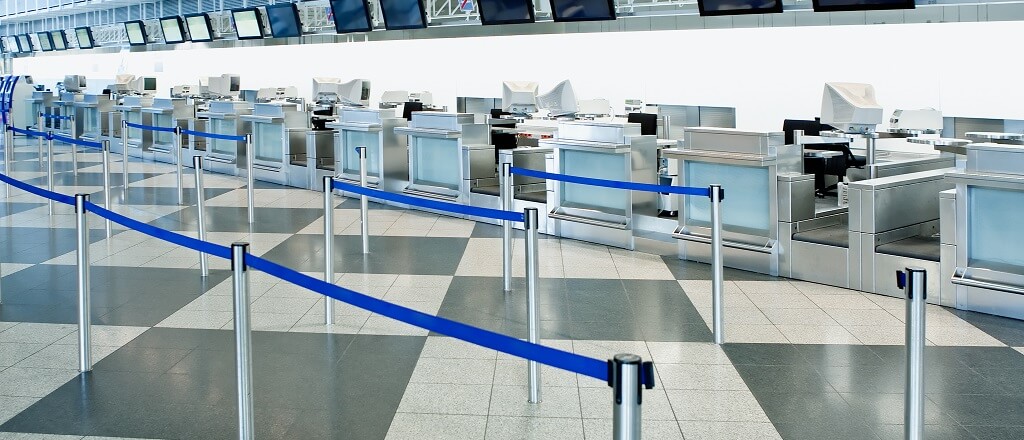People think of negotiating as “that thing you do when you’re buying a car” (you’re probably haggling), or “that time you took a particularly sinuous series of bends at speed without driving over the cliff edge” (you were probably driving). At Scotwork, we are of the view that negotiating is that thing you do when something happens to make the status quo no longer tenable; in other words, external factors disrupt an ongoing relationship to the extent that contracts and relationships need to be re-aligned.
The process is not about persuading the other side to see sense from your point of view over a cigar and a stiff whisky (you are probably persuading); nor is it about telling the other side about the “new reality” (that would be imposing your will); nor is it about becoming a surrender monkey and accepting that sometimes s**t happens (giving in); nor indeed is it about negotiating a new deal through a third party (arbitration or mediation).
Negotiation is none of these things; put very simply it is about trading your way to the achievement of your objectives. The great negotiators therefore work out their objectives before they actually enter the process of negotiation; they prioritize those objectives and they build flexibility into their position by creating a costed and valued “wish list” so that, if they fall short on one of their main objectives, they are able to protect the value of their final position by introducing some of the variables from their “wish list”.
In all of the talk of a “hard” versus a “soft” Brexit (and if you are looking for the mother and father of external factors, I give you Brexit to be going on with), what we are actually seeing are the “remainers” (looking for a soft one) and the “leavers” (hard) lobbying so that their side wins. That’s all they’re doing. Putting their stakes out in the sand so that the UK negotiators (those will be the people who will be negotiating the UK’s exit) have their resolve stiffened.
The issues at stake and under discussion are, in the broadest of very broad terms, the free movement of people, goods, services and capital between the UK and the EU. If you are a lawyer, you will add the reinstatement of supremacy of your legal system and if you are a parliamentarian, you will want the mother of all parliaments to regain her rightful position when it comes to legislation in the UK.
There is general agreement, I suspect amongst the “hard” and “soft” Brexiteers that free trade is a good thing. The UK wants to keep that. We know that Germany, for example, whose biggest market for its cars is the UK also want that; less sure about France (though that may change if Marine le Pen is elected as the next French president) and as for the others…? What does Mr. Juncker think? He doesn’t really have a vested interest (he wasn’t a car salesman the last time I looked) and will therefore see that as a major concession – a bargaining chip, if you will.
So, if we want continued free trade, free movement of goods, services and capital with the EU, something else is going to have to give. Free movement of people, perhaps? Try telling that to Nigel Farage, Michael Gove, Iain Duncan Smith, John Whittingdale and Theresa Villiers, to name but five; as far as the “hard” Brexiteers are concerned, all you can hear is the scraping of the lines in the sand being drawn on that one.
I wonder if there is any way whereby positions on that issue can be modified to address the genuine concerns that it arouses. Right now, it’s a bit like the referendum – there is no “grey” in people’s stances and it is therefore perfectly divisive.
One thing is for sure: the more commentators commentate and pontificate, the less flexible the negotiators can be. And any negotiator will tell you that if they cannot be flexible, the more difficult their jobs become. If the issue of border control becomes the “must get”, we may have to forego all or at least most of our other ambitions, no matter how many lost car sales for the German car industry it costs the EU.
But there is a ray of hope; a ray of good news if you will. There are two industries which will benefit from all of this. First of all, there are the manufactures of the rope dividers in queuing systems and secondly ink manufacturers. That’s a hell of a lot of passports that will need to be stamped every time someone travels over (or under) la Manche and a hell of a lot of queues to be marshalled.

